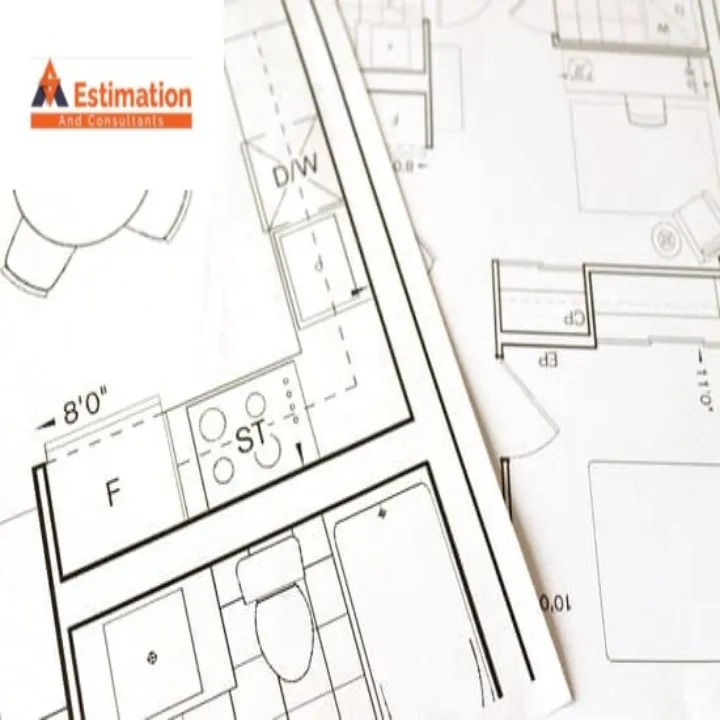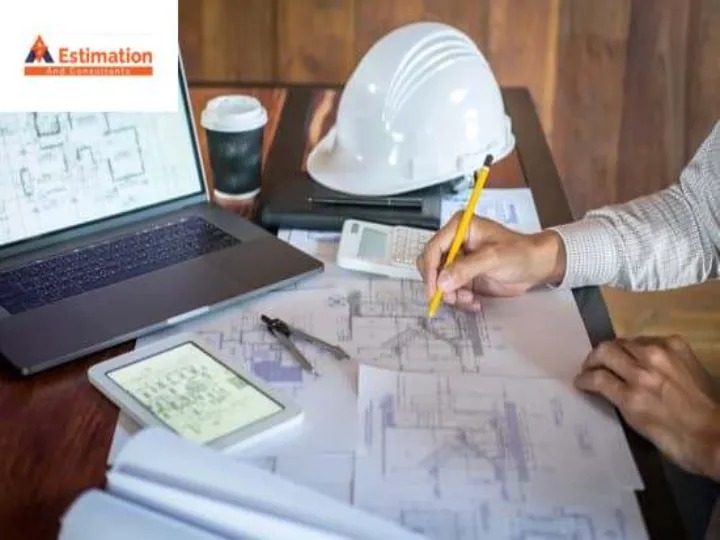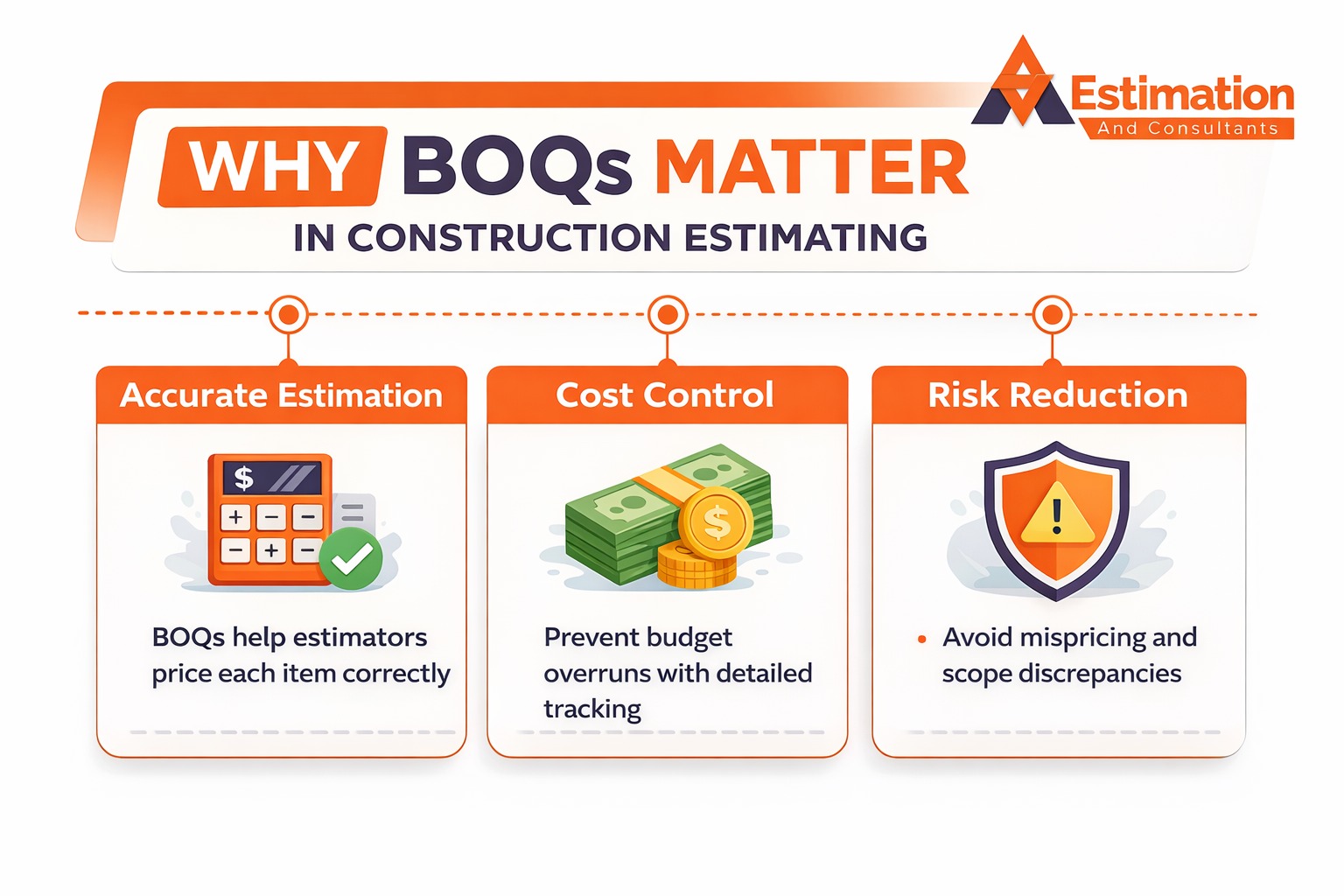When planning a project, receiving a detailed estimate is a crucial step in managing your budget and expectations. However, even the most thorough estimates can contain hidden costs that, if overlooked, may lead to unexpected expenses and strain your finances. Identifying these potential hidden costs early on helps prevent budget overruns and ensures that your project goes smoothly. In this article, we’ll dive into the types of hidden costs that often accompany estimates and outline strategies for identifying and managing them.
1. Unclear Labor Costs
Labor costs are a major component of most estimates, but they’re not always as straightforward as they seem. Some service providers charge hourly, while others offer a flat fee, and these variations can lead to hidden costs if they’re not clearly defined. Be mindful of the following:

- Hourly vs. Fixed Rates: If an estimate is based on hourly rates, determine the estimated hours and clarify if the provider has contingencies for additional time. Fixed-rate estimates provide more predictability but can sometimes come with a cap on hours or tasks.
- Overtime and Weekend Rates: Many providers charge extra for overtime or weekend work, especially in industries like construction. If your project timeline may require overtime, make sure these rates are outlined upfront.
Ask your provider to give a clear breakdown of labor costs, including potential overtime charges, to avoid surprises as the project progresses.
2. Additional Material Fees
Materials are another area where costs can quickly escalate. Even if your estimate provides a list of required materials, certain unexpected costs might still arise. Common examples include:

- Quality Upgrades: If your project specifies higher-quality materials, such as premium flooring or fixtures, these upgrades might be marked up significantly. Ensure that your estimate includes the grade and brand of materials you’re paying for.
- Wastage Allowances: Some projects, especially in construction, include a material wastage allowance. This is often a small percentage added to account for unusable pieces, but it’s essential to confirm how much is factored in and whether it’s reasonable.
- Delivery and Handling Fees: Materials may incur transportation costs, especially if they’re large, heavy, or need special handling. Ensure these are itemized in the estimate, so you don’t face unexpected delivery charges.
To manage these costs, clarify material specifications and ask for a transparent breakdown of any additional fees that could emerge.
3. Permits and Regulatory Fees
Depending on your project and location, certain permits or approvals might be required to proceed. These fees are often necessary but can sometimes be overlooked in initial estimates, leaving you with additional expenses. Key areas to check include:

- Building Permits: For construction or remodeling projects, most municipalities require a building permit, which can range widely in cost.
- Inspection Fees: Certain projects require inspections at various stages, each of which can have associated costs.
- Environmental Compliance: Projects with environmental impact, such as landscaping or new builds, may need permits for air quality, water use, or land management. These compliance costs should be outlined in your initial estimate.
Discuss these potential fees with your provider and confirm who is responsible for securing the permits to avoid delays and unanticipated costs.
4. Site Preparation and Cleanup Costs
A common hidden cost in many estimates comes from site preparation and cleanup fees. While these tasks may seem minor, they can quickly add up depending on the scope of the project. Look out for the following:

- Site Preparation: If your project site requires grading, tree removal, or soil stabilization, these costs can be substantial. Make sure your estimate covers any preliminary work needed to get the site ready.
- Waste Disposal: After a project, waste or debris removal might be necessary, which often requires special handling or disposal fees. Clarify whether cleanup is included in your quote and, if not, ask for an estimate of these additional costs.
- Temporary Facilities: If large-scale construction is involved, temporary facilities like portable restrooms or fencing may be necessary, and these are often added costs.
Site-related costs can be minimized by ensuring they’re thoroughly discussed and included in your estimate from the outset.
5. Equipment and Tool Rentals
Some projects require specialized tools or equipment that the provider may not have on hand, leading to rental costs that might not be initially included in the estimate. This is especially common in industries like construction or landscaping. Hidden costs may arise from:

- Rental Fees: For equipment like cranes, bulldozers, or scaffolding, rental costs can be substantial. Ensure the estimate details any equipment rentals required for the job.
- Maintenance Costs: Rental fees may also include maintenance for heavy machinery used throughout the project. These fees should be clarified to avoid unexpected charges.
- Delivery of Equipment: If the equipment needs to be transported to your site, confirm who will cover this expense and if it’s factored into the initial estimate.
Discuss any equipment rentals upfront and ask your provider to clarify if they already own the necessary tools or if rental costs will be passed on to you.
6. Cost of Unexpected Delays
Delays are sometimes inevitable, and they can carry hidden costs, especially if they lead to additional labor or equipment rental fees. Common causes of delays that can incur costs include:

- Weather-Related Delays: Outdoor projects are especially vulnerable to delays due to inclement weather. Some providers may charge extra if their team has to come back at a later date.
- Supply Chain Issues: If certain materials are backordered or delayed, this can push the timeline back and lead to additional labor costs or rescheduling fees.
- Labor Shortages: If a provider has difficulty securing labor on short notice, this may result in a pricier labor pool or delays that can impact costs.
Consider negotiating a contingency plan or discussing potential delay costs with your provider. Some may offer fixed-cost guarantees to cover specific timeframes, ensuring budget control.
7. Taxes and Service Charges
Another commonly overlooked cost comes in the form of taxes, service fees, or surcharges. While taxes are inevitable, they vary by location and can affect your project budget. Hidden charges to be aware of include:

- Sales Tax: Ensure that your provider has included sales tax in their estimate, as it can add a significant amount to the final price.
- Service Charges: Some providers charge service fees or administrative fees that are often added to the final invoice.
- Credit Card Fees: If you’re planning to pay by credit card, some providers may add a processing fee to cover transaction costs.
By asking for a complete estimate that includes all taxes and fees, you’ll have a more accurate picture of the total project cost.
8. Warranty and Post-Project Support Fees
Some service providers offer warranties or ongoing support as part of their service package, but these might come at an additional cost. It’s essential to check:

- Warranty Costs: Ask if there’s an additional fee for an extended warranty and what it covers.
- Maintenance Fees: For projects that require ongoing maintenance, some providers offer packages at extra cost.
- Follow-Up Services: Confirm whether post-project inspections or follow-up consultations are included or require a separate fee.
Understanding what’s included in warranties and follow-up support prevents confusion and additional costs after project completion.
Conclusion
Hidden costs in project estimates can quickly add up, causing financial strain and potentially jeopardizing the project. By being aware of common hidden expenses, from labor and material upgrades to equipment rentals and taxes, you can approach estimates with confidence and transparency. Before signing a contract, ensure your provider has included these considerations or clarified additional charges.
For professional assistance in navigating and understanding project costs, reach out to AS Estimation & Consultants—we’re here to provide clarity and help keep your budget on track from start to finish.


